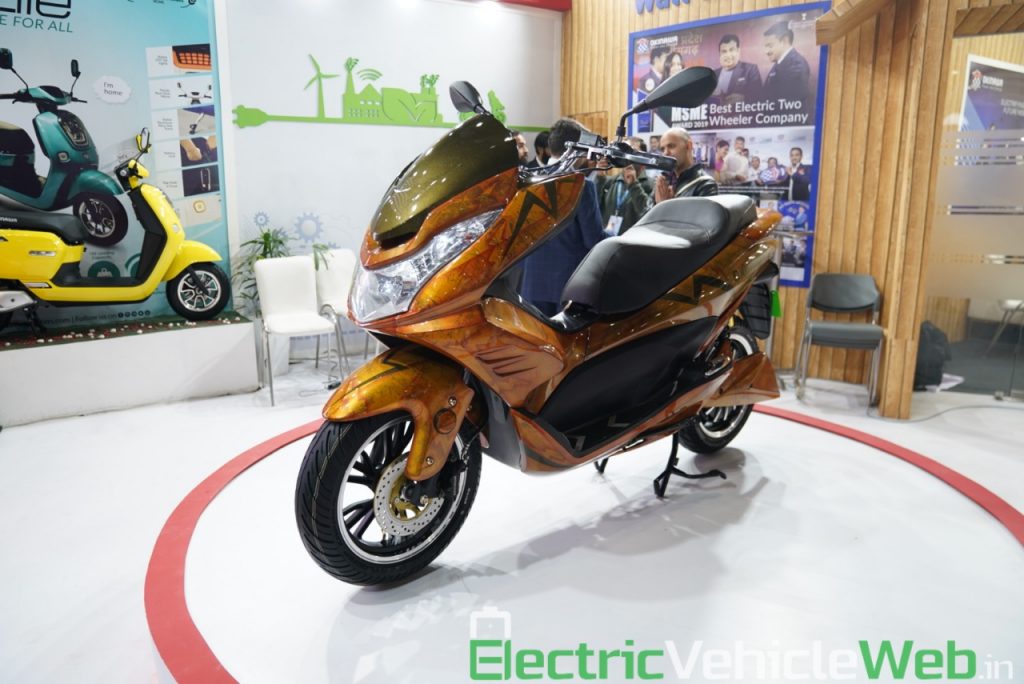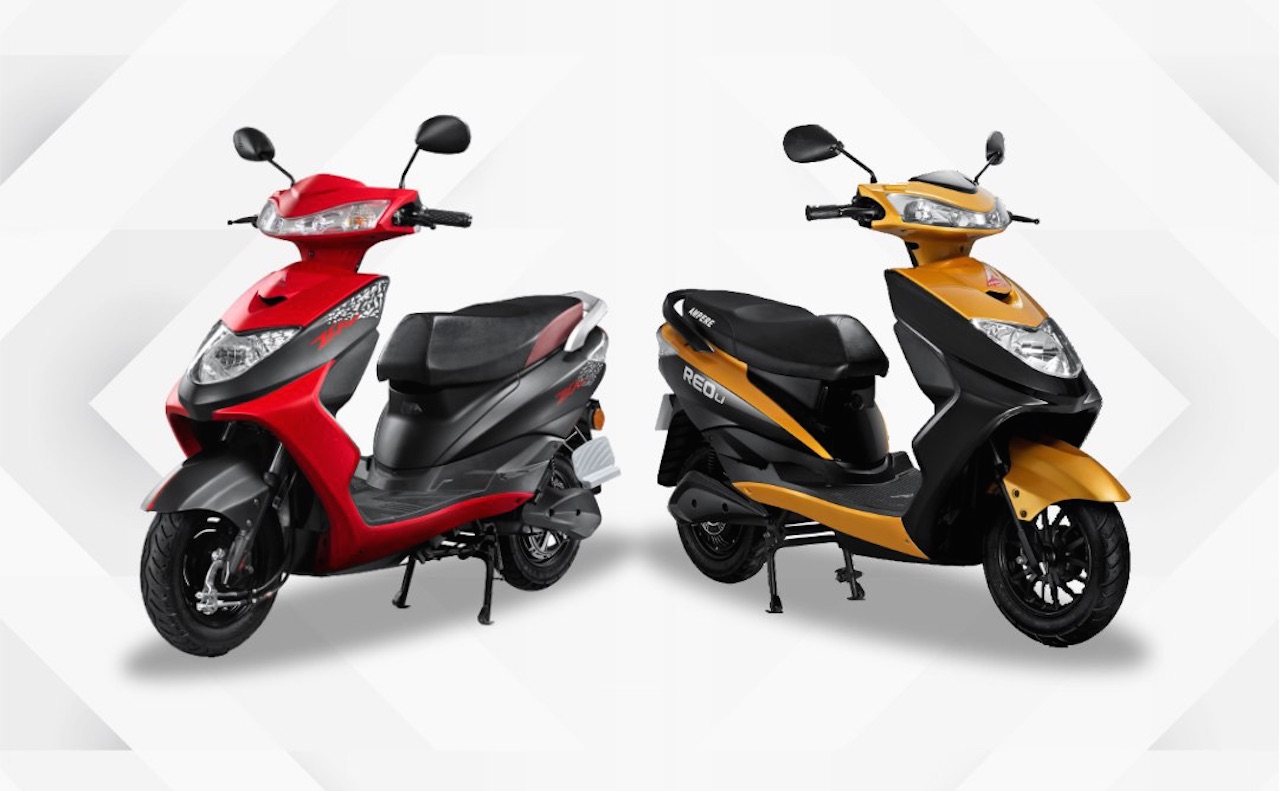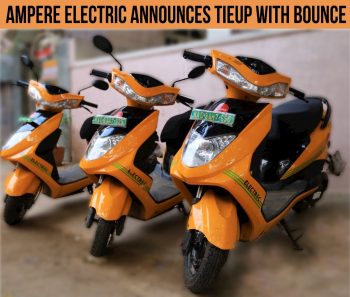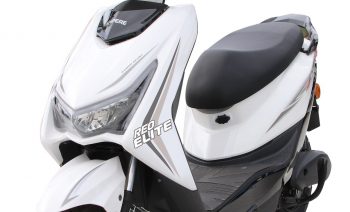Like several other states in India, Tamil Nadu is pitching itself as a potential EV manufacturing hub to companies. Some companies, like Ather Energy, have already confirmed manufacturing EVs there, while others are evaluating.
According to a new report from timesofindia.indiatimes.com, Ampere Electric and Okinawa are considering fresh EV investments in Tamil Nadu. N Muruganandam, principal secretary, Tamil Nadu government, said recently that the state government is under discussions with several EV manufacturing companies for investment, including Ampere Electric.
Ampere Electric, a Greaves Cotton company, plans to invest approximately INR 400 crore to expand its annual production capacity to 2,50,000 units in Tamil Nadu. The company currently manufactures EVs in Coimbatore, and its current annual production capacity is 50,000 units.

Okinawa, the company which recorded the second highest EV sales in India in FY2019-20, is also interested in producing EVs in Tamil Nadu. 60% of its sales come from South India, of which Tamil Nadu alone has a contribution of 20%, Jeetender Sharma, founder and MD, Okinawa, said. The company can consider setting an assembly line in Tamil Nadu, he added. It currently has a plant in Bhiwadi, Rajasthan.
In two-three years, Groupe PSA and Hyundai Motor Group, which have Citroen and Hyundai automobile factories in Tamil Nadu, could also manufacture EVs. The latter could announce new investments for manufacturing EVs under the Hyundai Smart EV project in the state. Ford could also manufacture EVs at its Tamil Nadu plant at some point, the powertrain and platform licensed from Mahindra Electric.
In related announcements, Tamil Nadu abolished all state taxes on battery electric vehicles on 2 November 2020. This 100% tax exemption would mean four-digit price cuts for electric two-wheelers and a price reduction in tens of thousands for electric cars. The various incentives available for purchasing EVs are likely to skyrocket the demand in the next two-three years.



